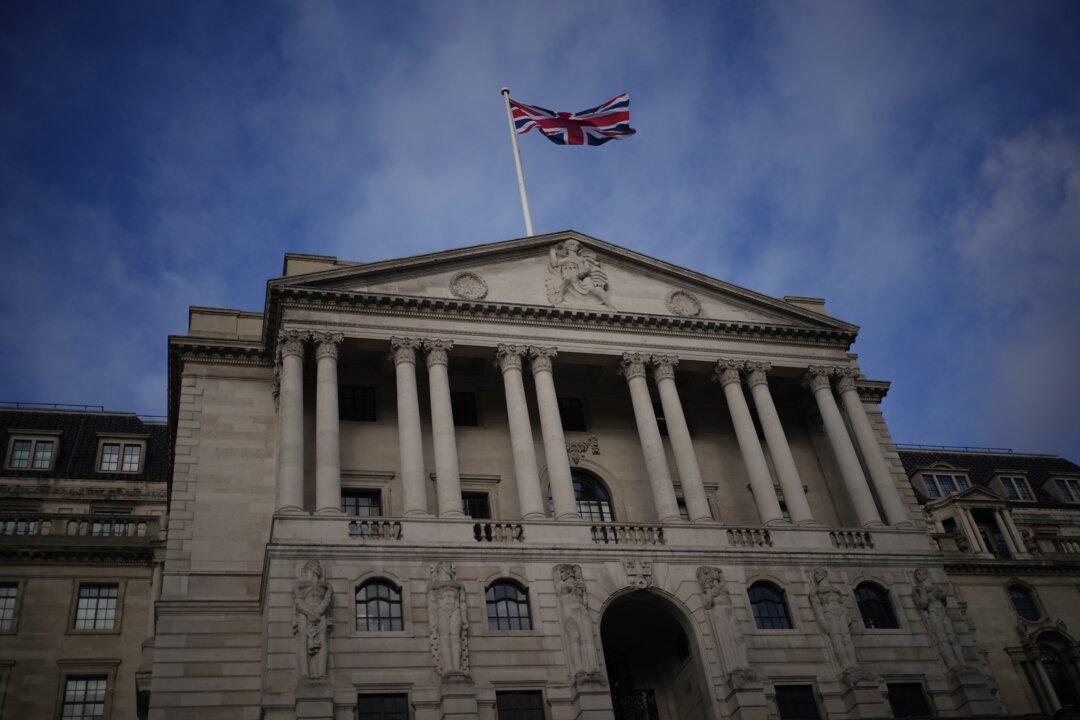The Bank of England (BoE) has kept interest rates on hold for the first time in almost two years, after a close vote decision against raising the current rate of 5.25 percent.
The streak of bad luck for borrowers in the UK has been paused on Thursday, when the BoE’s Monetary Policy Committee (MPC) voted by a slim majority of five–four to keep the interest rate unchanged.





